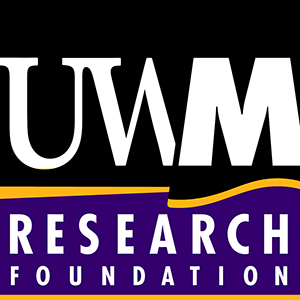
OTT1592
Applications
Drinking water treatments, Analytical laboratory, Health care (Hospitals and Dental Clinics), Pharmaceutical laboratory etc.
Target Problems
Conventional CDI removes ions upon charging while releasing accumulated ions upon discharging, generating concentrated wastewater. Besides wasting water, further processes may be required to treat the wastewater from these devices, which increases the cost and the energy footprint. Also, many techniques available not only remove unwanted heavy metal ions (Cu, Pb, Cd, etc.), but also end up removing healthy metal ions (such as Ca2+, Mg2+) in the process.
Key Benefits
- Low Cost – Low energy consumption and retrofits to the existing pipeline.
- Improved Performance – Selective high removal of heavy metal ions not healthy metal ions.
- Healthy Water Standards – Maintains optimal concentration of healthy ions without affecting taste or odor of the tap water.
- Zero Waste – Easy collection of lead ions using filters with zero wastewater generation.
Technology
Inventors have developed a special material made from thiol-functionalized graphene oxide and activated carbon to remove pollutants like heavy metal ions from water without making any wastewater. Specifically, it is an invention to remove lead from tap water as it flows through pipes.
This technology is based on capacitive deionization (CDI) that selectively removes lead (Pb2+) from tap water in a single pass mode with zero wastewater emission. It is known that the presence of phosphate in the water affects how well lead can be removed. When the water is treated, lead can stick to certain parts of the system and then be released again, creating a lot of wastewater. This new method avoids this by trapping the phosphate and lead together, making it easier to remove them. This filtration system uses custom made electrodes that allow minimal removal of associated healthy ions (Ca2+ and Mg2+), leaving water safe and healthy for consumption from every tap. The lead ion precipitate can be collected using filters equipped in the pipeline, thereby leading to zero‐wastewater generation during the process.
Intellectual Property
US Patent Pending, US20210130844A1
About the Inventors
Junhong Chen, Ph.D.
Distinguish University Professor, UW-Milwaukee (former), Crown Family Professor of Molecular Engineering and Lead Water Strategist at Argonne National Laboratory
Xingkang Huang, Ph.D.
Scientist, UW-Milwaukee (former), Staff Scientist, The University of Chicago
Please contact our office to share your business’ needs and learn more.
